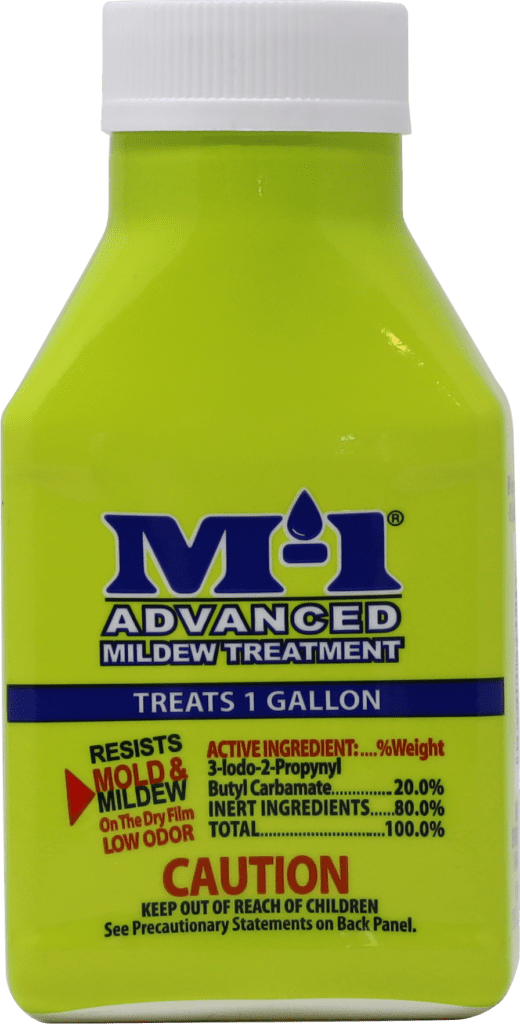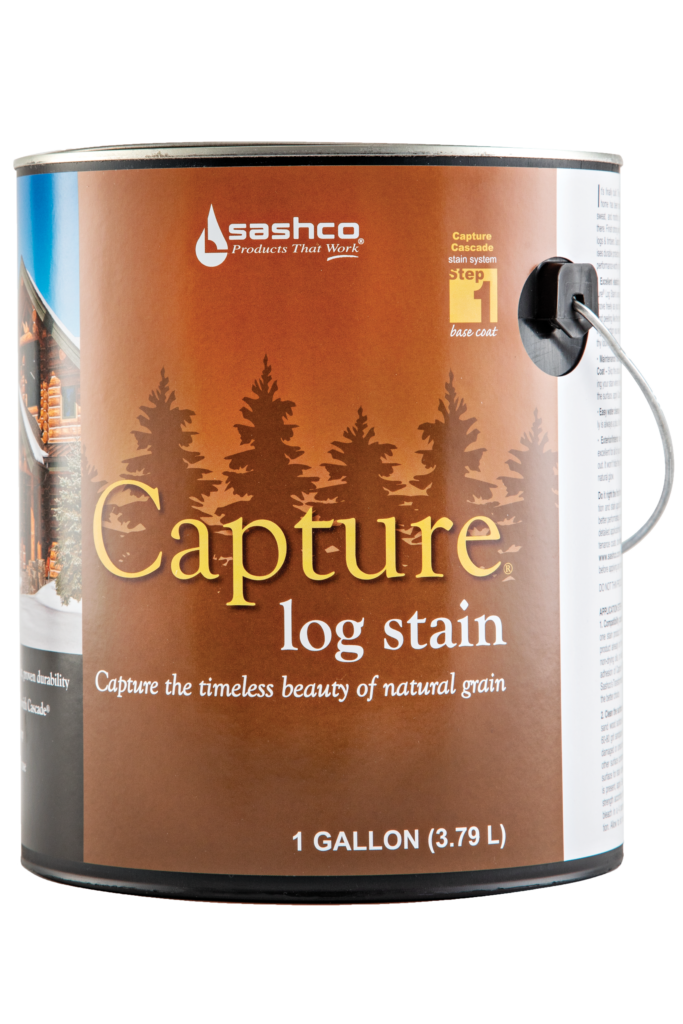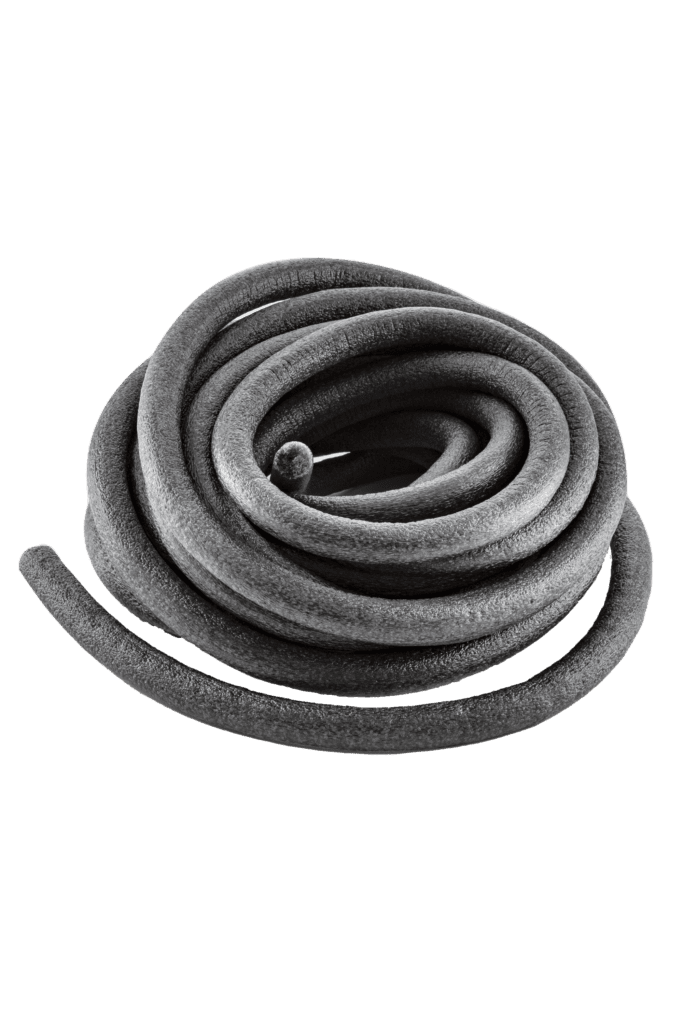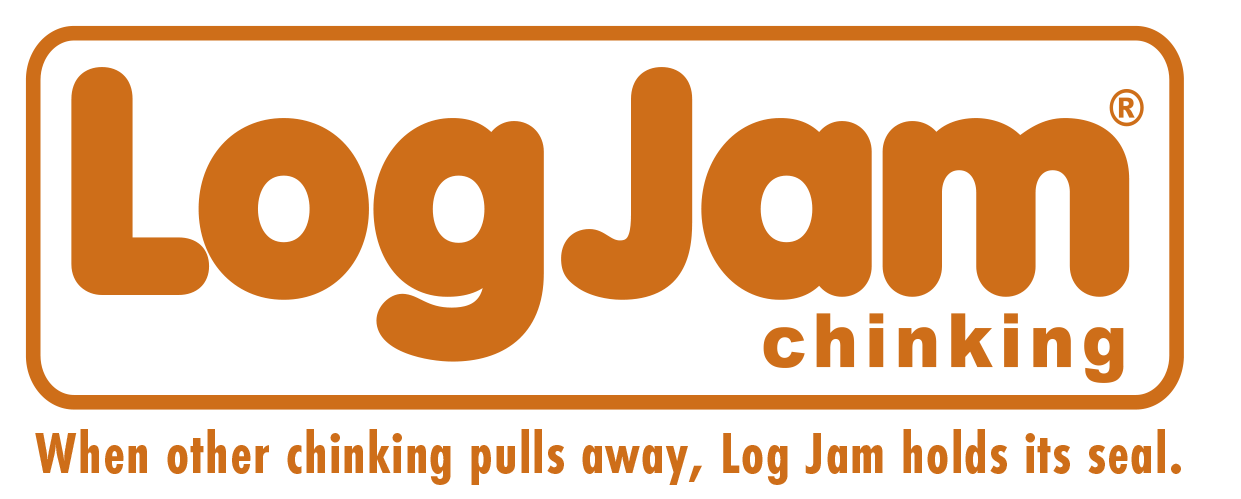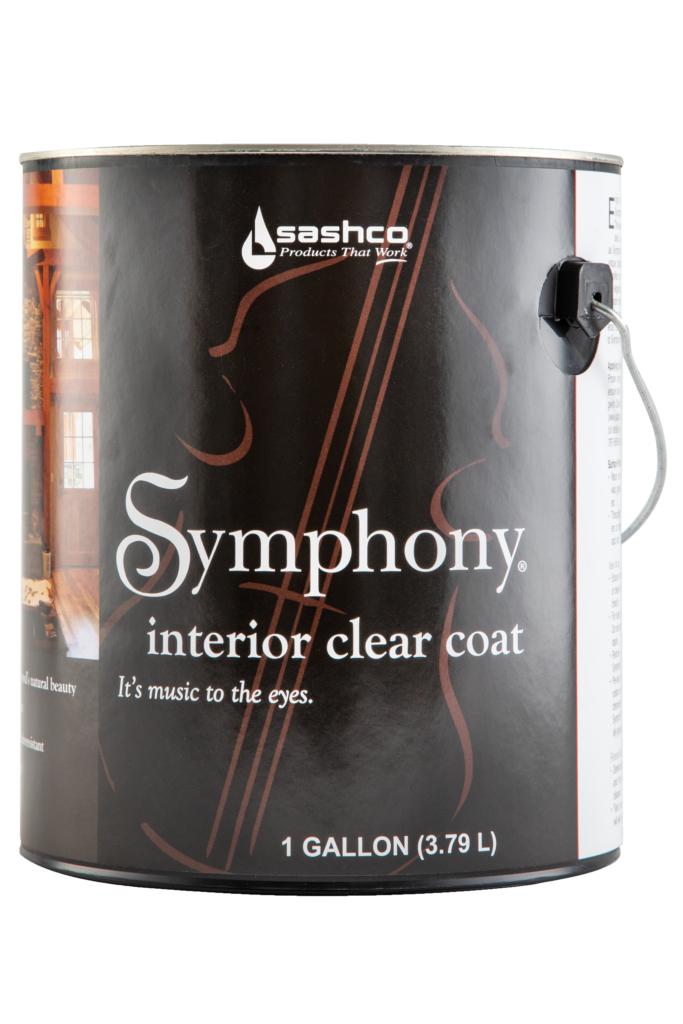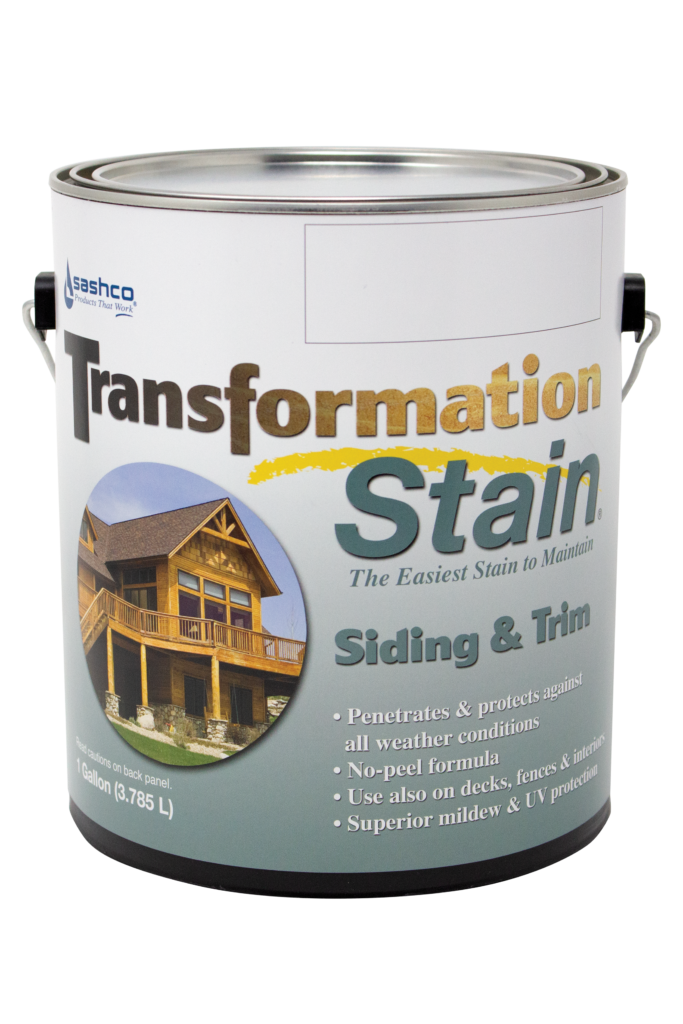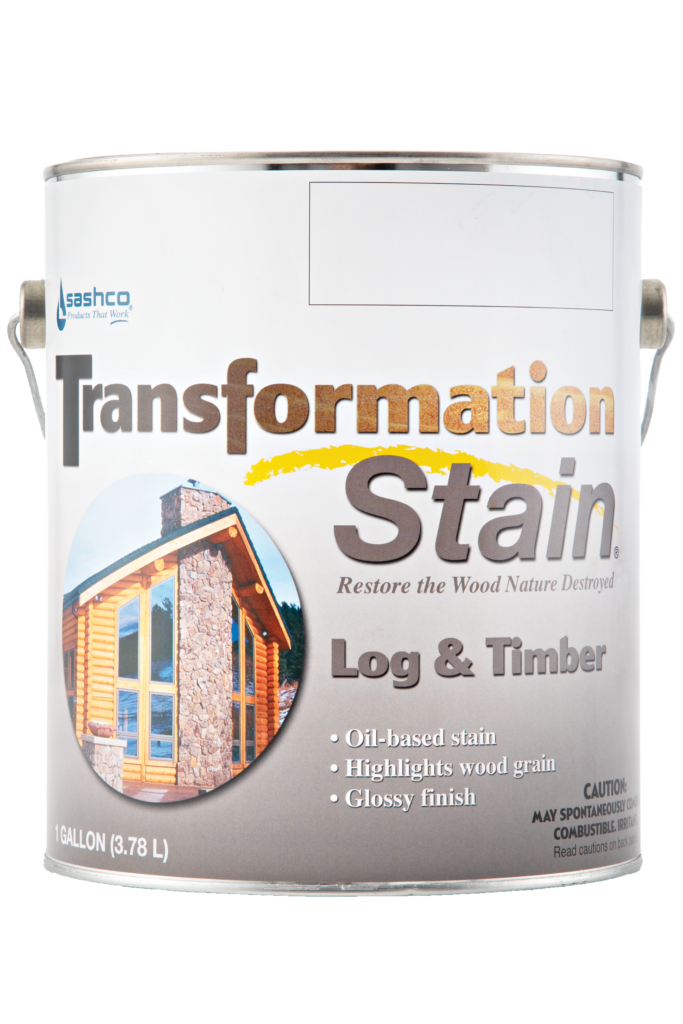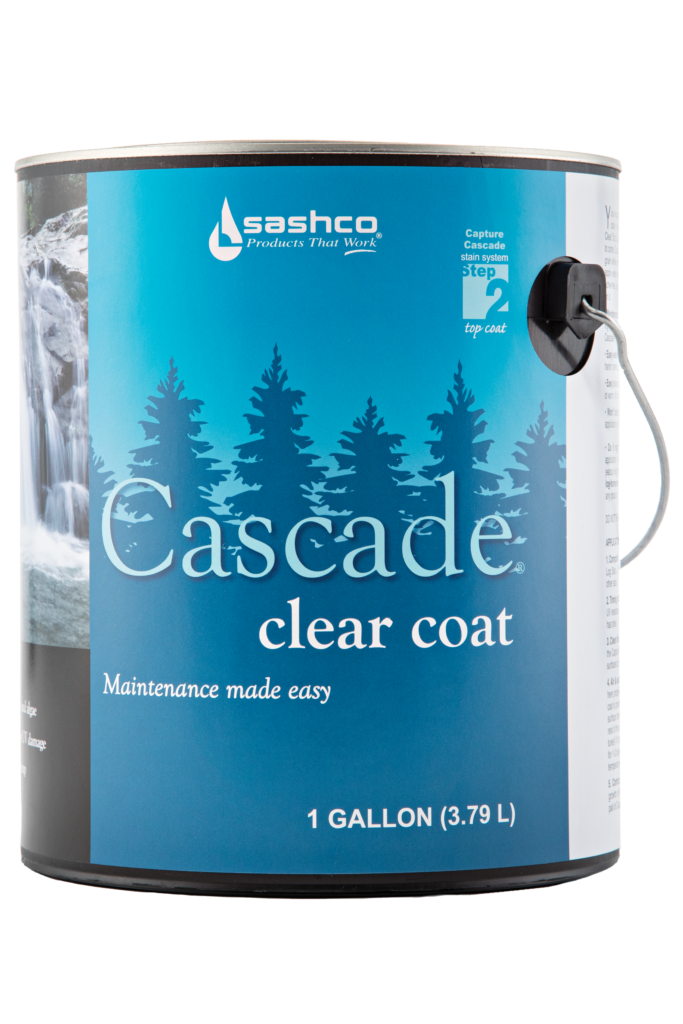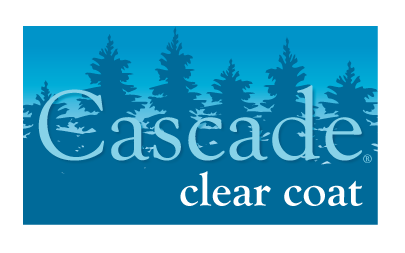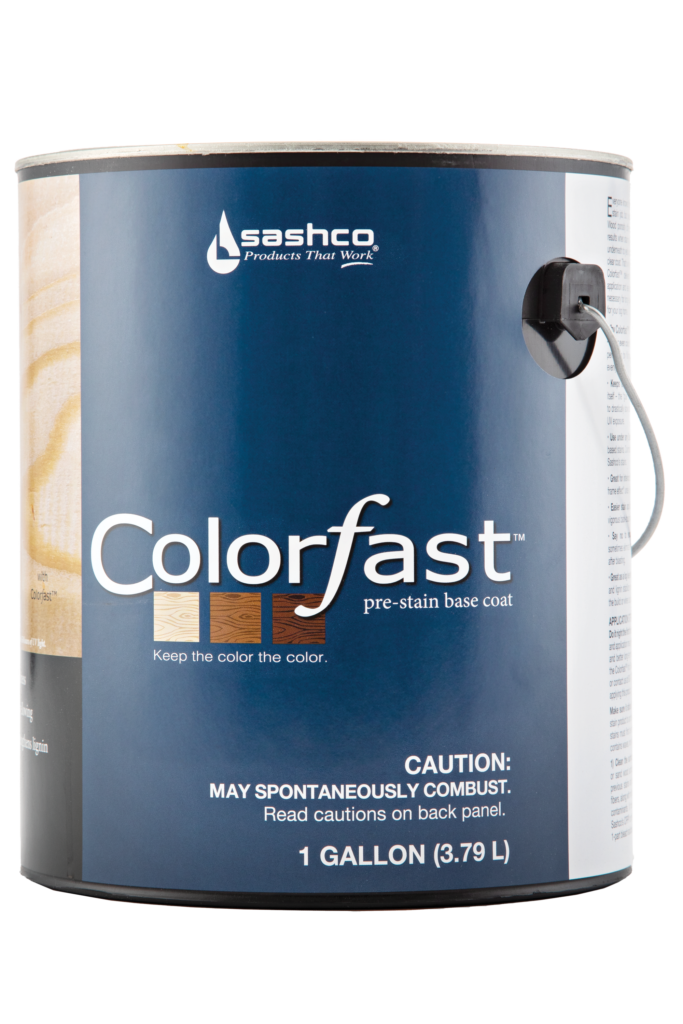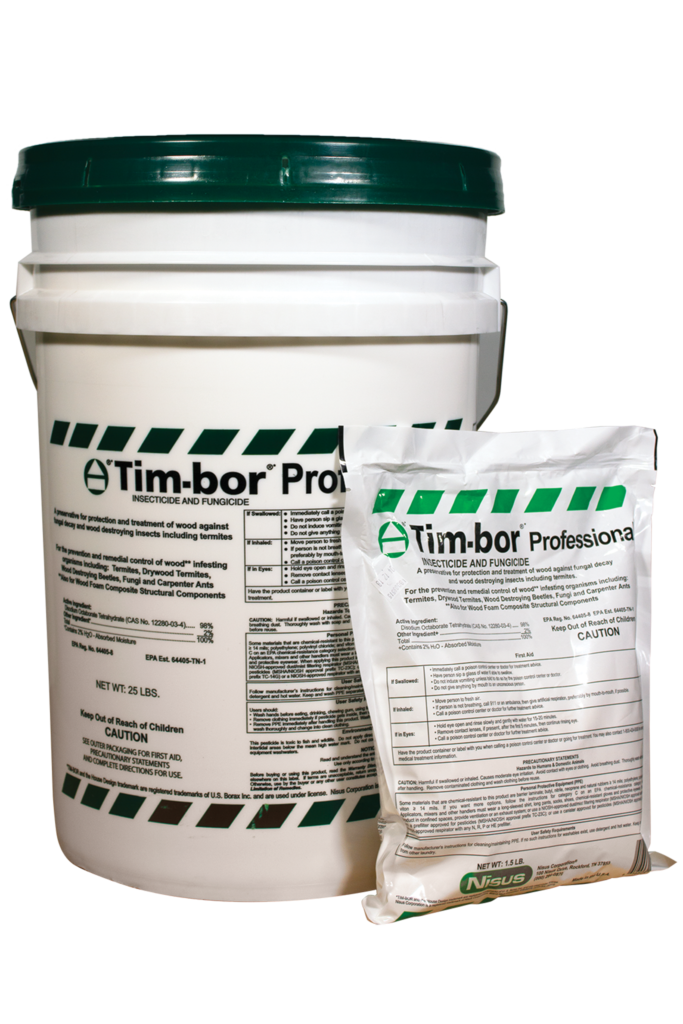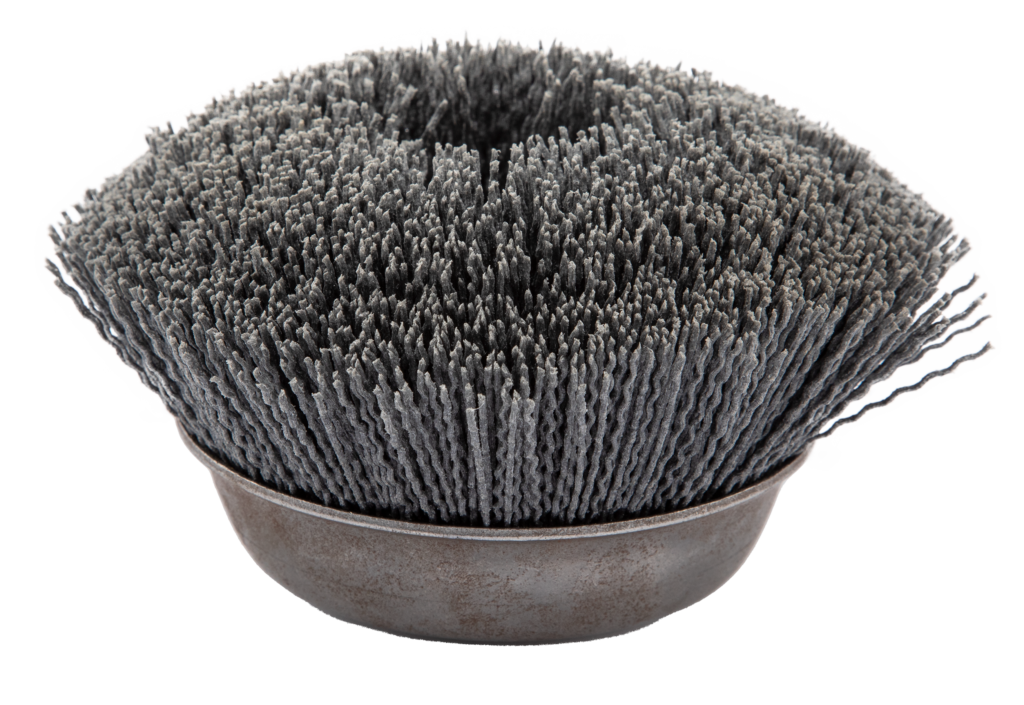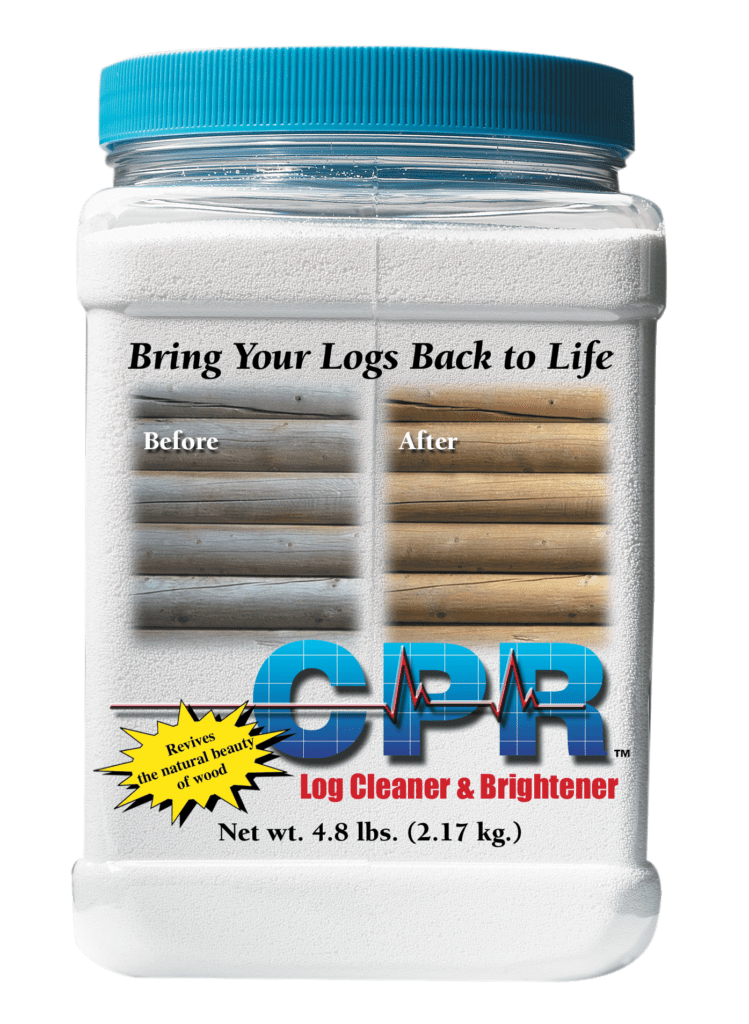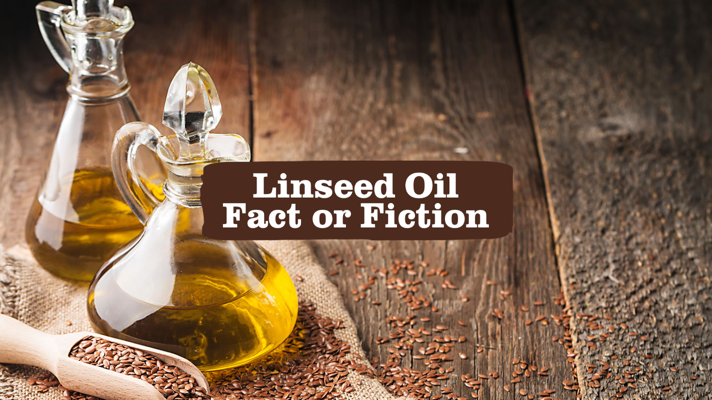
Can Linseed Oil Really Promote Mold Growth?
Fact or Fiction: Linseed oil is food for mold; therefore, you should never use a stain with linseed oil in it.
Answer: It may surprise you! Our resident stain expert Jim Barnes plays some Fact or Fiction to give you the lowdown on the pros and cons of linseed oil to help you decide.
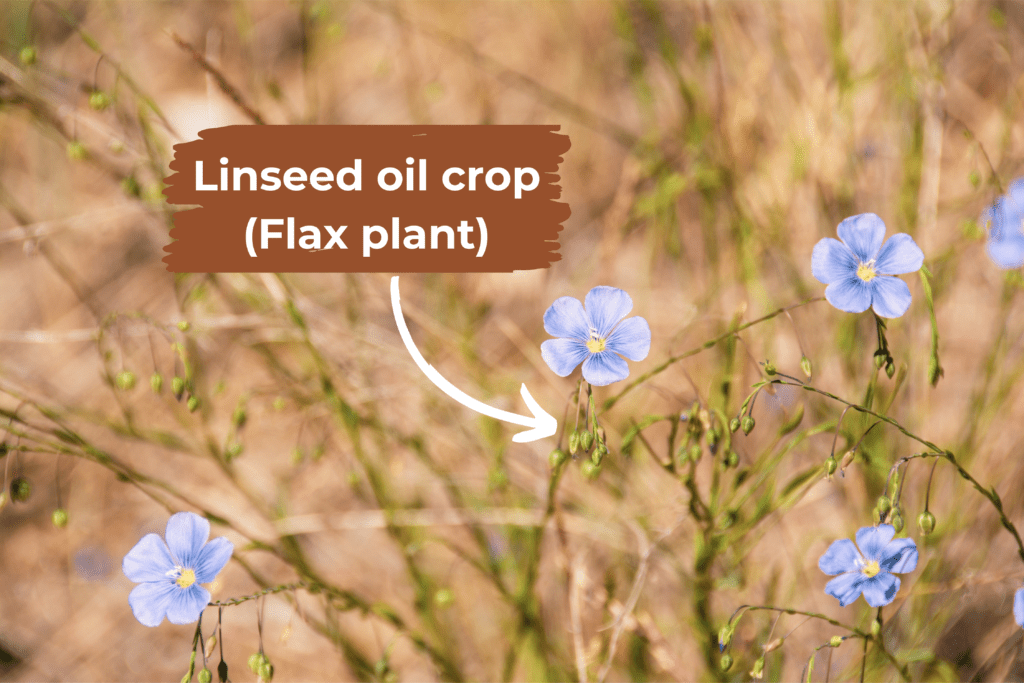
Fact or Fiction: Linseed oil contributes to mildew growth.
Answer: Sort of fact…and sort of fiction.
In properly formulated oil-based stains, like Sashco’s Transformation Log & Timber Stain, mildew and algae growth is no worse than on any other modern stain. These formulas contain mildewcides and algaecides to prevent or significantly reduce these problems. That said, it’s true that linseed oil by itself can be a food source for these molds. When homeowners buy straight linseed oil from hardware stores, dilute it with some mineral spirits and Japan drier, and make their own “stain,” mildew growth is not uncommon. This practice is still common enough that most contractors have or will come across this scenario. Unfortunately, homeowners who DIY stain this way don’t have access to the modern mildewcides and algaecides that most manufacturers who use linseed oil include in their formulas.
Fact or Fiction: Linseed oil is just another oil and isn’t anything special.
Answer: Fiction.
Linseed oil is rare among drying oils because it remains soft and flexible for a long time after drying. Most drying oils get hard and brittle. In moderate quantities, it is used to soften alkyds and other oils commonly used in semi-transparent stains. The final formulation remains flexible enough to move with the wood as it expands and contracts with moisture and temperature variations. The stain doesn’t crack under normal wood movement and can keep water out for years when properly formulated. There are many oil-based stains on the market precisely because oil stains provide unparalleled beauty, penetration, ease of use, and the ability to reliably re-stain woods. Often, water-based stains can’t match all of these benefits. Linseed oil plays a critical role in this.
When we come across opinion pieces that declare anything as the root of all evil, it is good to follow the money: what are the writers trying to sell? It is easy to point to the worst-case DIY linseed stain and cry out, “The sky is falling!” or “All linseed oil is evil” The reality is it’s somewhere closer to Earth.
SO…
Is linseed oil a problem in some stains? Yes, absolutely.
When we see extensive black mold on a home, does that mean its stain contained linseed? Nope. It might, but plenty of cheaply formulated stains and coatings, both oil and water-based, don’t protect well against mildew and algae. Algae, another organic growth completely different from mold can appear black, especially when dirty, and many stains don’t protect against algae at all. (Sashco is unique here. We’re the only company in the log home market that includes algaecide in all of its stains.) Any sun-exposed area with mold-looking spots should be suspected of being algae.
Do we have to take extra care when re-staining a home with severe mildew? Yes. We want to kill the mildew spores, preferably with oxygen bleach (or regular bleach and LOTS of rinsing). Using a high-quality stain with mildewcides and algaecides is essential for keeping mildew at bay in the future.
Is media blasting good enough to remove severe mildew? When the blasting is sufficient to remove all the visible discoloration, it can be. That level of blasting isn’t always desirable, so it is sometimes preferable to pre-treat the mildewed surfaces with an oxygen bleach before blasting. Will leftover linseed oil in the wood cause future mildew? If the stain is properly formulated with mildewcides and algaecides, there shouldn’t be any problems if the wood has been prepared (blasted) down to the “freshly sanded” color.
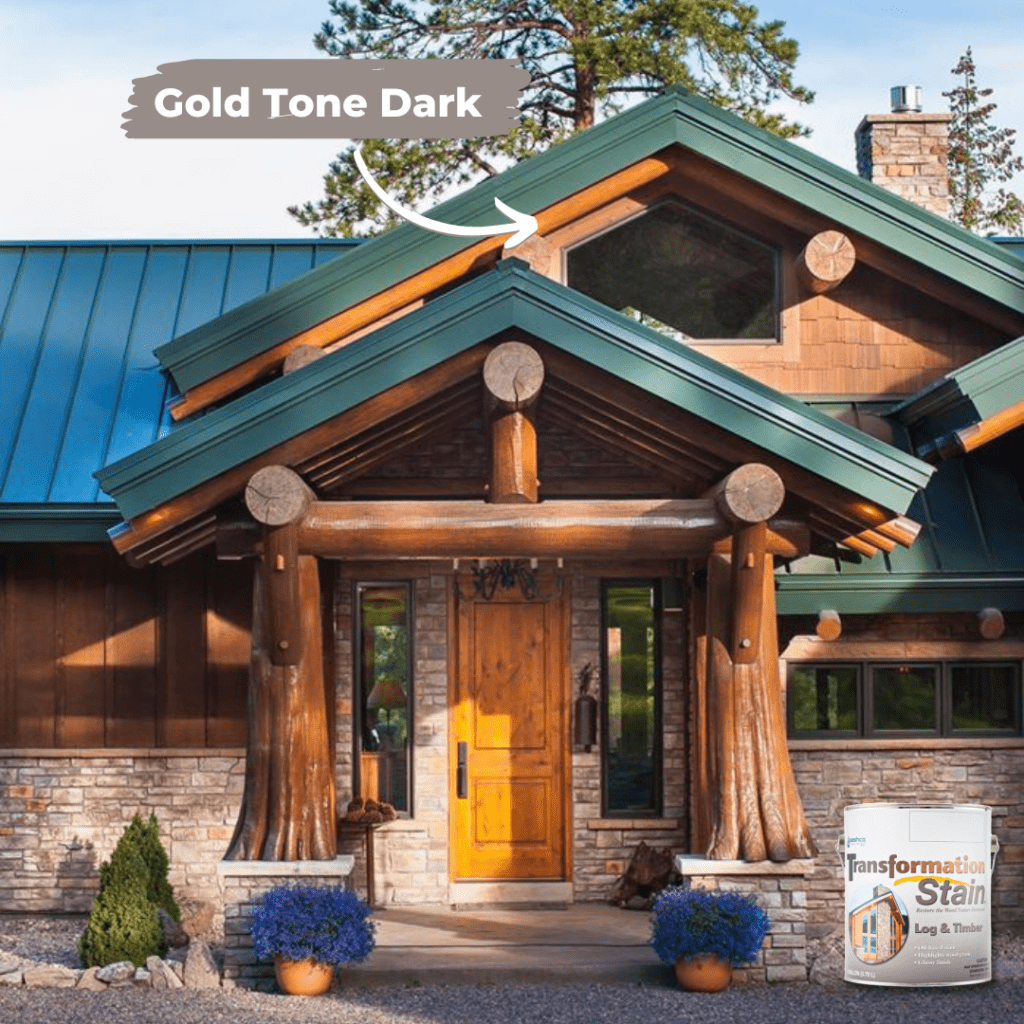
This beautiful home was finished by Jenkins Painting in Sashco’s Transformation Log & Timber Stain.
So to sum up:
- Linseed oil is fine when properly formulated with mildewcides and algaecides.
- Any stain will support mold and algae growth when cheaply formulated without mildewcides and algaecides.
- Routine maintenance is key to keeping mold and algae at bay.
Request A Free Stain Sample
We offer free samples so you can see our stain technology first-hand. Order samples today for your next project.

